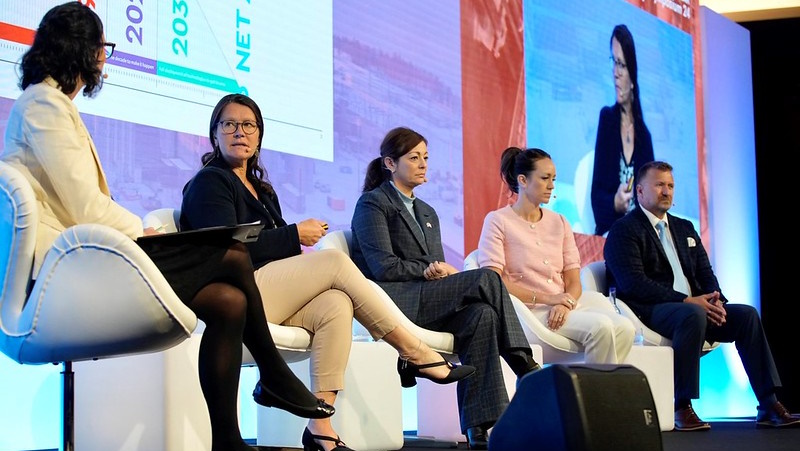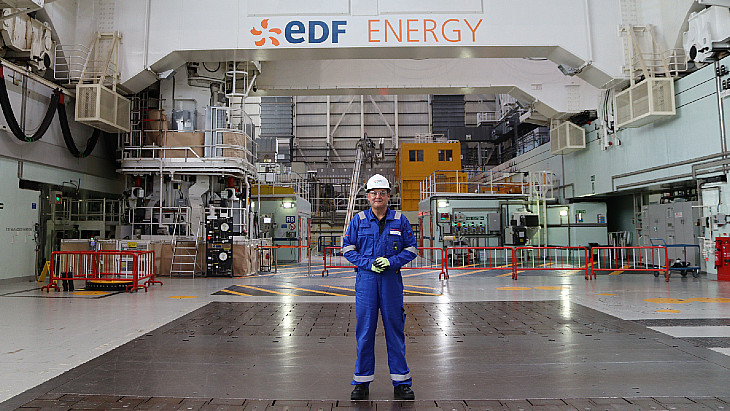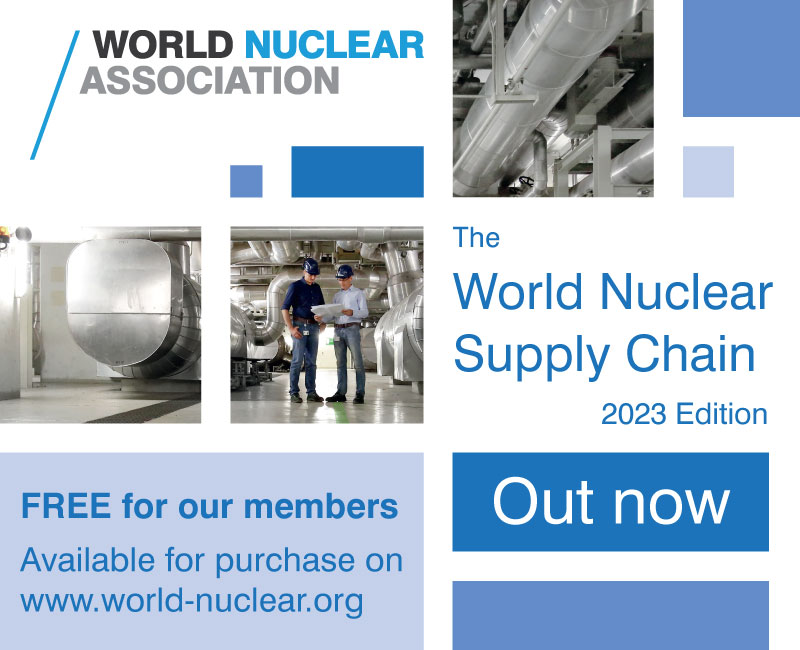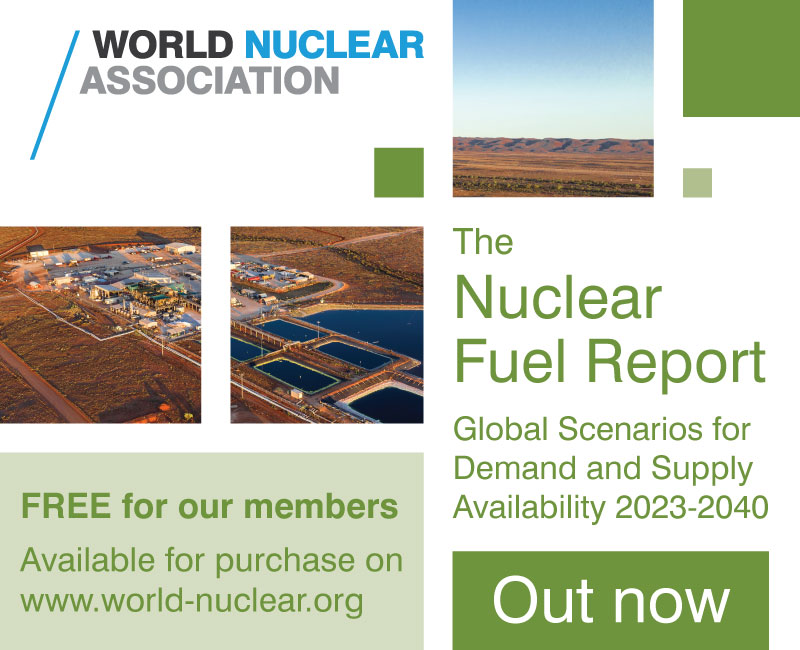Amano calls for funding for IAEA safeguards activities
.jpg)
In an introductory statement today to the IAEA's Board of Governors, Amano said: "The Agency has a statutory requirement to finance safeguards implementation through the regular budget, so a decrease in the regular budget - such as the 1.3% cut we are implementing this year - particularly impacts our safeguards activities."
He noted, "Demand for safeguards activities, which the Agency is legally required to undertake, has been growing much more rapidly than the regular budget in recent years. While I will continue to work hard to ensure the resources you entrust to us are used effectively, I appeal to Member States to support us by agreeing a modest real budget increase so we can fulfill our legal obligations and maintain the high standards of service which you expect."
Iran is implementing its nuclear-related commitments under the Joint Comprehensive Plan of Action, Amano told the board. "It is essential that Iran continues to fully implement those commitments," he said. "The Agency continues to verify the non-diversion of nuclear material declared by Iran under its Safeguards Agreement. Evaluations regarding the absence of undeclared nuclear material and activities in Iran continue."
In implementing verification activities in Iran, the IAEA analyses all safeguards-relevant information, which normally takes time, and takes action when appropriate, he said.
"The Agency undertakes analysis and takes action in an impartial, independent and objective manner, within the existing safeguards framework and in line with established safeguards practice."
The IAEA has also continued to monitor North Korea's nuclear programme, using open source information and satellite imagery. The IAEA has not observed, as of the end of February, any indications of operation of the 5 MWe Yongbyon reactor since early December, Amano said. It has also not seen any indications of reprocessing activities at the Radiochemical Laboratory.
"At the Light Water reactor, the Agency saw indications of ongoing construction work. We also continued to observe indications of the ongoing use of the reported centrifuge enrichment facility. However, without access, the Agency cannot confirm the nature and purpose of these activities."
Amano told the board that the IAEA continues to closely follow international developments on the North Korean nuclear issue. "We hope that these processes will lead to an agreement and to implementation of concrete denuclearisation measures," he said.
"The IAEA stands ready to undertake verification and monitoring activities in the DPRK if a political agreement is reached among countries concerned." He added, "I again call upon the DPRK to comply fully with its obligations under relevant resolutions of the UN Security Council and of the IAEA Board, to cooperate promptly with the Agency and to resolve all outstanding issues."
Recent IAEA developments
Amano told the Board of Governors, "As of today, there are 453 operational nuclear power reactors in 30 countries, providing some 400 GW of electricity. Another 55 reactors are under construction in 18 countries, four of which are newcomers to nuclear power."
He said the Agency has launched a new four-year Coordinated Research Project to develop a standardised framework for the borehole disposal of disused sealed radioactive sources and small amounts of low- and intermediate-level waste.
Regarding the IAEA LEU Bank in Kazakhstan, the Agency is implementing the two LEU supply contracts. Last November, the IAEA signed contracts to purchase low-enriched uranium from NAC Kazatomprom and Orano Cycle. The IAEA said the procurement was its largest since the Agency was founded in 1957. The LEU supplied by Kazatomprom and Orano will be transported to the IAEA's LEU storage facility at the Ulba Metallurgical Plant in eastern Kazakhstan.
"Our aim continues to be to have the LEU delivered to the IAEA Storage Facility this year," Amano said.
The board was also informed that seven Member States have announced pledges totalling more than EUR2.5 million to complete the fitting out of the new facilities at the IAEA's nuclear applications laboratories at Seibersdorf.
"I hope that other countries in a position to do so will enable us to close the remaining EUR1.25 million gap in the first half of this year."
The IAEA's technical cooperation programme - the key mechanism for the delivery of IAEA services to Member States - achieved a high implementation rate last year of 85.7%. Amano said this was thanks to the "commitment of all TC stakeholders and to the Agency's continued efforts to increase the number of staff implementing TC projects".
Amano also announced the next IAEA International Conference on Nuclear Security, which will be held at ministerial level in February 2020, will be co-chaired by Panama and Romania.


.jpg)










